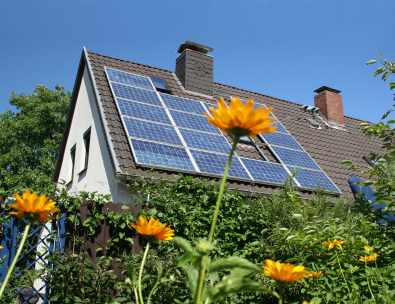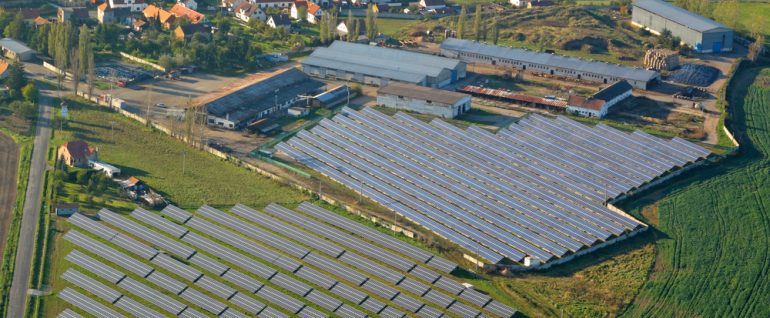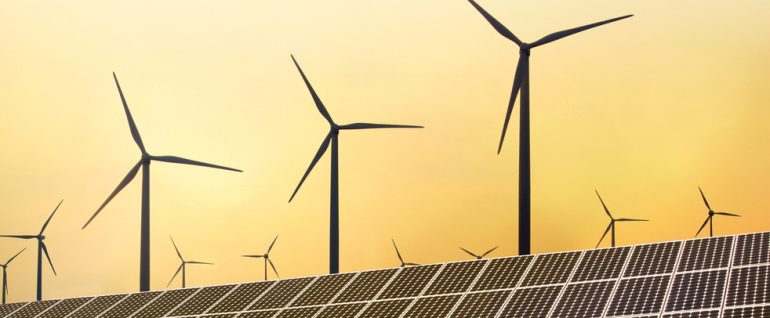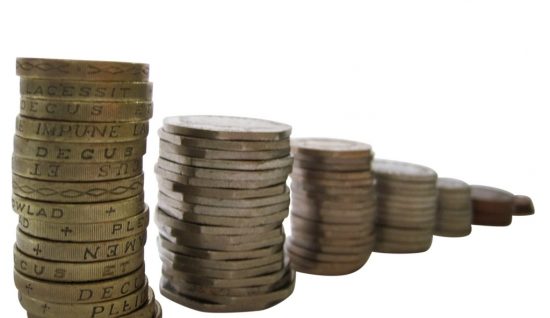Last week the UK Government announced the winners (and losers) in the UK’s first Green Energy CfD (Contracts for Difference) auction. This will be remembered as a turning point in green energy policy, the landmark beginning-of-the-end of indirect subsidies. In total, around £4bn has been awarded to 27 green energy projects (compared to £16bn spent in the old indirect subsidy schemes last year). It is being presented as a win for the consumer and the taxpayer by the coalition government, a fudge by critics and a failure by the UK solar power industry. So which is [...]
Read MoreIn part one of this post we considered the crunch that changing tax legislation will bring to the UK renewable energy sector in 2015. Green investment tax breaks for many renewable electricity generators have already been cut, and this year even more are going to disappear. In this part, we'll ask what's next? After all, the requirement to reduce CO2 emissions isn't going to go away, so without green investment tax breaks for renewable energy generators, what will drive emissions reduction incentives? To recap, the old ‘double dip’ benefit of EIS/SEIS reliefs for investments in companies receiving indirect subsidies [...]
Read MoreAs this current tax year comes to an end in the UK, one of the biggest changes to the way we invest in renewable energy is due to fully kick in. The green energy tax breaks clock is ticking down over the next couple of months. From April 6 2015, the tax incentives to invest in solar, wind, hydro and bio-fuel projects - that have proven so effective at driving development in the UK renewables sector - are going to disappear. In fact (for solar and wind) many stopped last July, but more are on the way. Taken in [...]
Read More(Image credit: Images_of_Money via Flickr Creative Commons) It might seem counter intuitive, but there's an argument to be made that cutting renewable energy subsidies might not be a bad thing for the industry, and rising CO2 levels as well. On the surface, renewable subsidies have worked as a financial incentive to build more solar, wind and hydro projects, but it's also led to projects that (despite adding power to the local grid) haven't driven a proportional decline in carbon emissions or caused coal and gas power to scale down significantly. Maybe a rethink of the big picture for renewable [...]
Read More


